UK poultry workers infected with bird flu
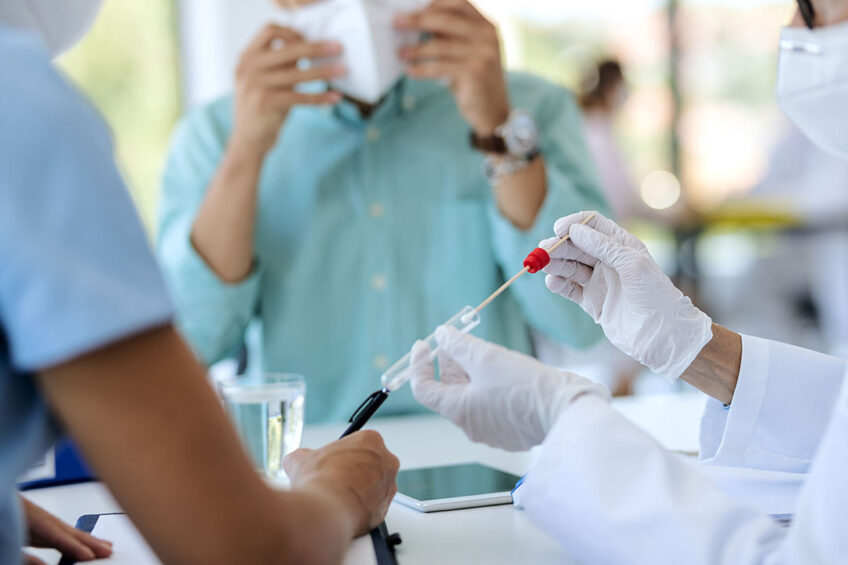
In the UK, 2 poultry workers have been infected with bird flu after they were in contact with diseased birds.
The UK Health Security Agency (UKHSA) said the 2 people returning positive tests were known to have recently worked on an infected poultry farm in England.
In a statement, the UKHSA said: “Neither has experienced any symptoms of avian influenza, and both have since tested negative.”
The UKHSA is running a programme of testing workers who have come into contact with infected birds and is also involved in asymptomatic testing. Poultry workers are asked to take swabs of their nose and throat which are tested for the presence of the influenza virus in the 10 days after their exposure.
Based on the timing of exposures and test results, one individual is likely to have had contamination of the nose and/or throat from the virus inhaled on the farm, while it is unsure how the second person became infected.
Human-to-human transmission
The UKHSA stressed it has not detected evidence of human-to-human transmission, and these detections do not change the level of risk to human health, which remains very low to the general population.
Professor Susan Hopkins, UKHSA chief medical advisor: “Current evidence suggests that the avian influenza viruses we’re seeing circulating in birds around the world do not spread easily to people. However, we know already that the virus can spread to people following close contact with infected birds. This is why, through screening programmes like this one, we are monitoring people who have been exposed to learn more about this risk.
“Globally, there is no evidence of the spread of this strain from person to person, but we know that viruses evolve all the time, and we remain vigilant for any evidence of changing risk to the population.”
Asymptomatic infection
UKHSA has stressed the importance to the public that they avoid touching sick or dead birds.
Professor James Wood, head of veterinary medicine at the University of Cambridge, said the finding should lead to “greater attention” on asymptomatic infection and sampling, saying it was important to sequence the virus in the 2 workers and infected birds to see if there were any mutations of concern.
Earlier this year, the UKHSA announced it had created a group of experts to draw up modelling for a possible bird flu pandemic after the death of an 11-year-old Cambodian girl from the H5N1 strain.
Join 31,000+ subscribers
Subscribe to our newsletter to stay updated about all the need-to-know content in the poultry sector, three times a week. Beheer
Beheer

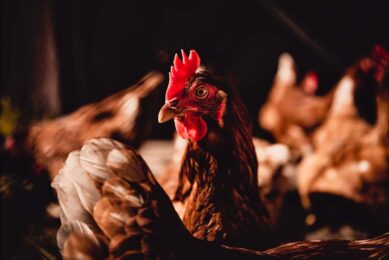
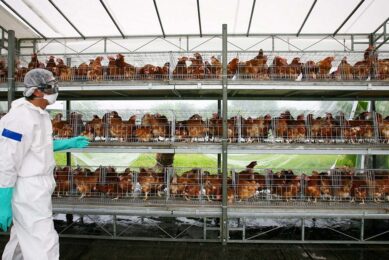
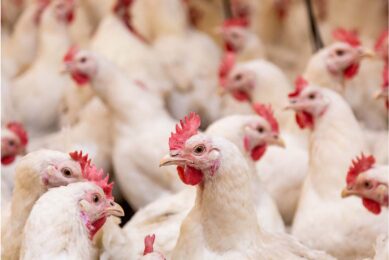
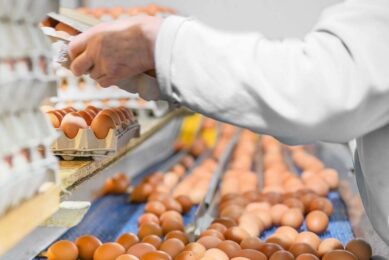



 WP Admin
WP Admin  Bewerk bericht
Bewerk bericht